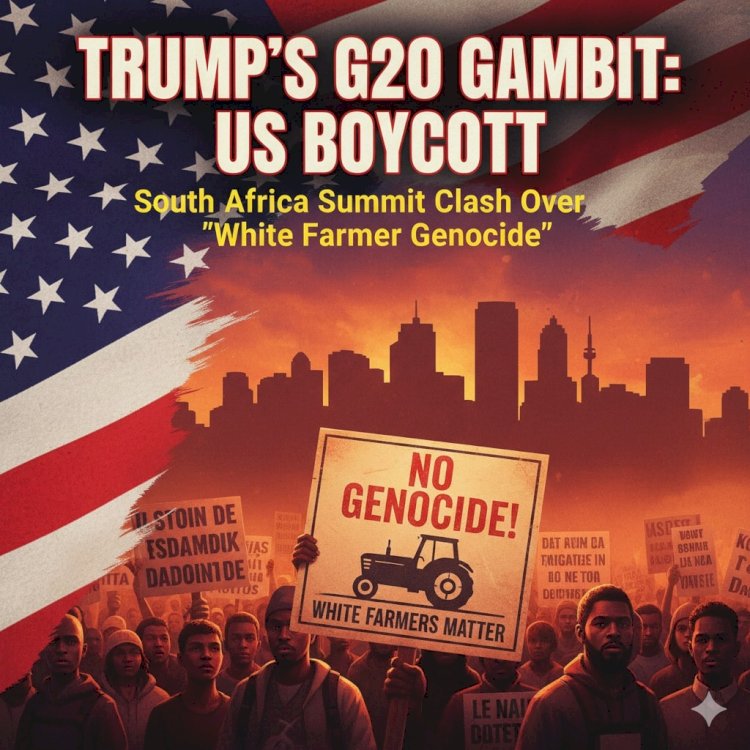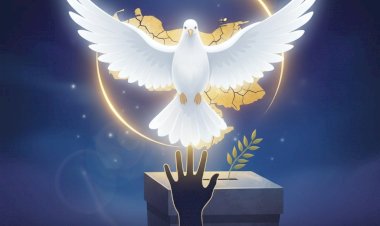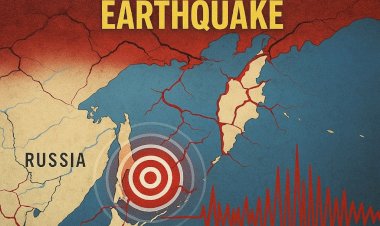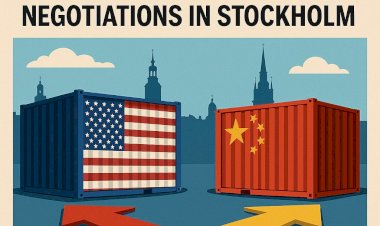Trump's G20 Gambit: US Boycotts South Africa's Historic Summit in Explosive Clash Over 'White Farmer Genocide'

Johannesburg, South Africa – November 8, 2025
In a move that's sent shockwaves through the corridors of global diplomacy, U.S. President Donald Trump has ordered a complete boycott of the upcoming G20 Summit in Johannesburg, pulling all American officials from what was poised to be Africa's grand debut on the world stage. The dramatic decision, announced late Friday from the White House, hinges on long-debunked allegations of a "genocide" targeting white farmers in South Africa—a narrative Trump has championed for years, framing the host nation as unfit to lead the world's largest economies.
A Fiery White House Denouncement
"It's an absolute disgrace that South Africa is even hosting this thing," Trump declared in a fiery statement, his voice booming over a packed press briefing room. "They're persecuting their white farmers, driving them off their land like animals. No American—not me, not my team, nobody—is setting foot there until this stops. We're out." The announcement escalates a personal vendetta that dates back to Trump's first term, when he tweeted demands for investigations into farm murders in the Rainbow Nation, claims repeatedly dismissed by experts and South African authorities as exaggerated and rooted in far-right rhetoric.
The boycott overrides earlier plans for Vice President JD Vance to represent the U.S. at the summit, scheduled for November 22-23. Trump, who will host the 2026 G20 at his Doral golf resort in Florida, called the Johannesburg event a "total disgrace" on his Truth Social platform, vowing no U.S. government official would attend "as long as these human rights abuses continue."
Echoes of a Persistent Myth
Trump's rhetoric revives a contentious saga that intensified earlier this year. In May 2025, during a tense Oval Office meeting with South African President Cyril Ramaphosa, Trump ambushed his counterpart with videos and articles purporting to show mass graves of white farmers—footage later debunked as originating from the Democratic Republic of Congo and protest installations, not actual burial sites. Ramaphosa, flanked by prominent white South Africans like golfers Ernie Els and Retief Goosen and billionaire Johann Rupert, pushed back firmly: "If there was Afrikaner farmer genocide, I can bet you, these three gentlemen would not be here."
Data underscores the claims' falsehood. South African police recorded just 44 farm-related murders in 2024 out of over 26,000 nationwide homicides, with only eight victims being farmers—many of them Black workers. Advocacy groups like AfriForum, representing Afrikaner interests, report around 50 farm murders annually, a fraction of the country's violent crime epidemic that affects all races. A February 2025 Western Cape High Court ruling labeled "white genocide" assertions as "clearly imagined and not real," barring funding to supremacist groups peddling the narrative.
Even conservative white farmers in regions like Bothaville have distanced themselves from the hysteria. "There's no genocide," said one attendee at a recent agricultural fair. "We need more policing, sure—but not this fearmongering that scares off investment."
South Africa's Defiant Response
From the Union Buildings in Pretoria, Ramaphosa's office dismissed the boycott as "regrettable but unsurprising," emphasizing South Africa's readiness to lead despite the snub. Presidential spokesperson Vincent Magwenya told reporters: "We're confident in hosting a successful summit that champions solidarity, equality, and sustainability—themes that bridge divides, not deepen them." The government has budgeted R691 million (about $38.7 million) for preparations, highlighting Africa's overdue spotlight under the G20 banner.
South Africa's presidency, assumed on December 1, 2024, marks the first time an African nation steers the group, which represents 85% of global GDP and 75% of world trade. Priorities include tackling poverty, climate finance, and Agenda 2063 reforms, with events like the Finance Ministers' meeting in Cape Town already yielding breakthroughs, such as the Cape Town Declaration on environmental crimes.
Critics, including Chatham House analyst Chris Vandome, see the U.S. stance as disruptive theater. "Historically, American participation has stalled declarations," he noted. "This boycott might even rally others—look at the EU's recent financial pledges to Africa." Some speculate Trump's ire also stems from South Africa's ICJ case against Israel over Gaza and its ties to Russia and China.
Global Ripples and a Fractured Forum
The absence of the U.S.—a G20 heavyweight—threatens to hobble discussions on trade, debt relief, and energy transitions, just as the world grapples with poly-crises. European leaders, including EU foreign policy chief Josep Borrell, expressed disappointment but affirmed attendance, while Brazil and India voiced support for Pretoria's agenda. The African Union, a recent G20 addition, hailed the summit as a "milestone for the continent."
As Johannesburg buzzes with final preparations—street banners fluttering under the jacaranda trees—the boycott casts a long shadow over what should be a triumphant moment. For Trump, it's a bold stroke appealing to his base; for global cooperation, it's a stark reminder of how personal grievances can eclipse collective imperatives. With the U.S. set to take the G20 helm in 2026, all eyes now turn to whether this rift will heal—or widen into an unbridgeable chasm.

 content-team
content-team 


















